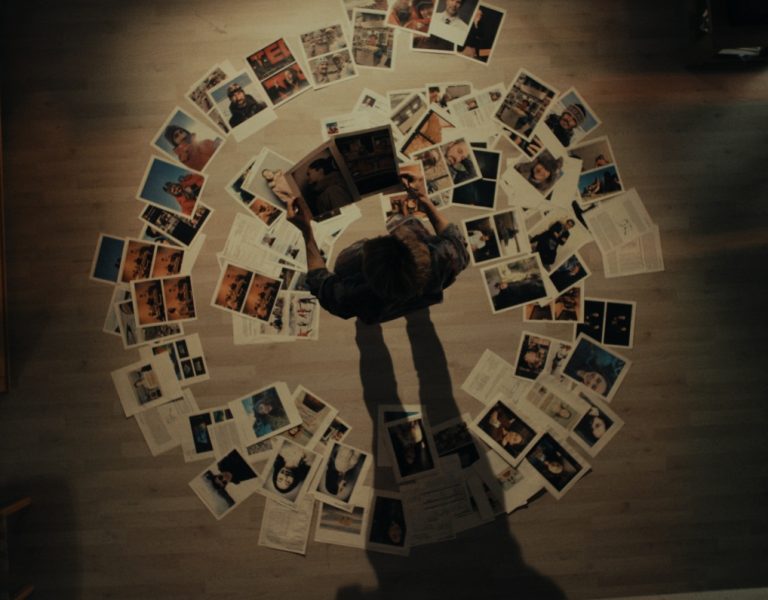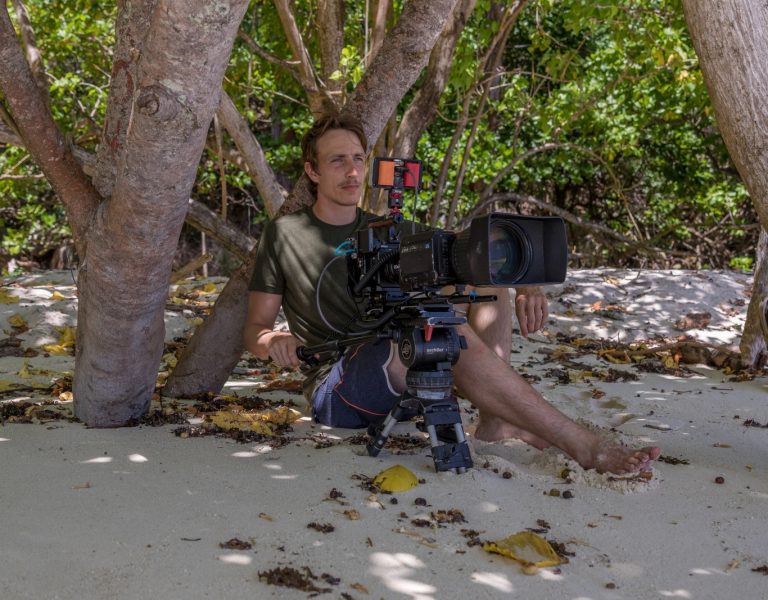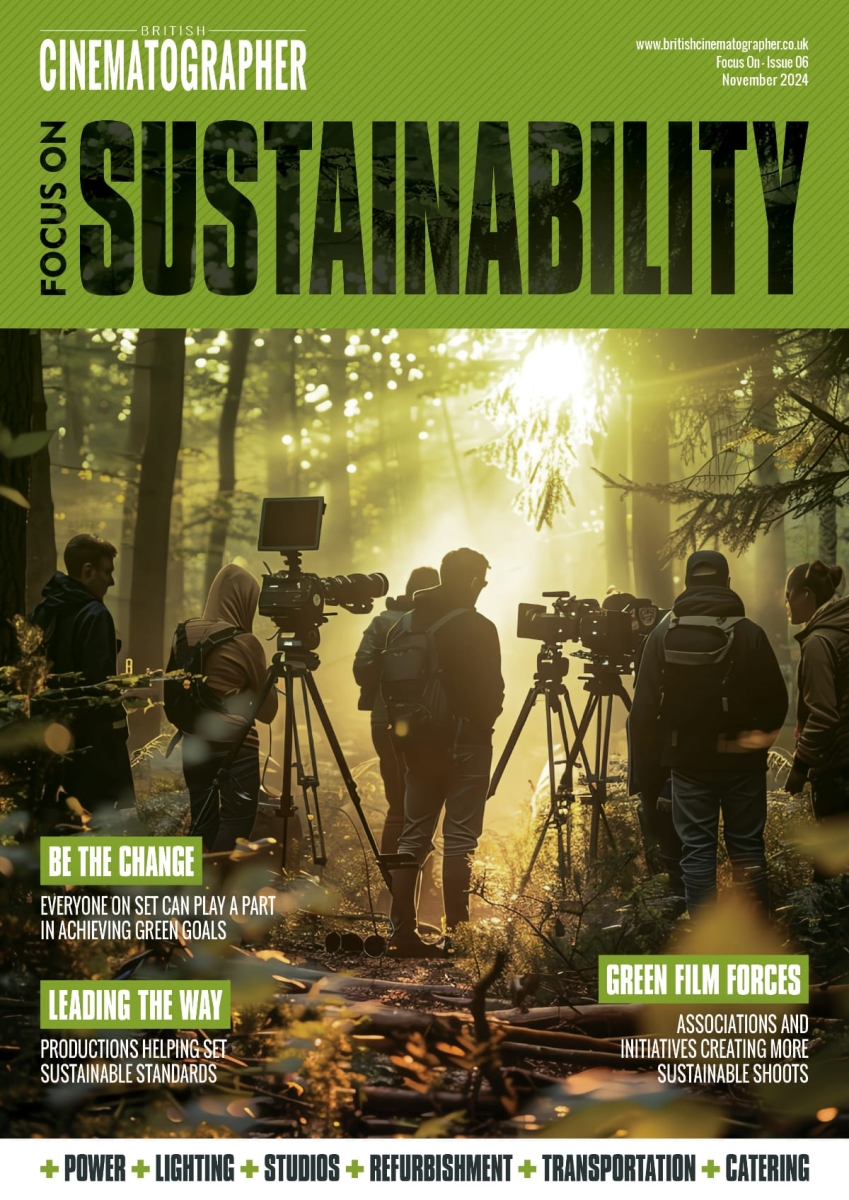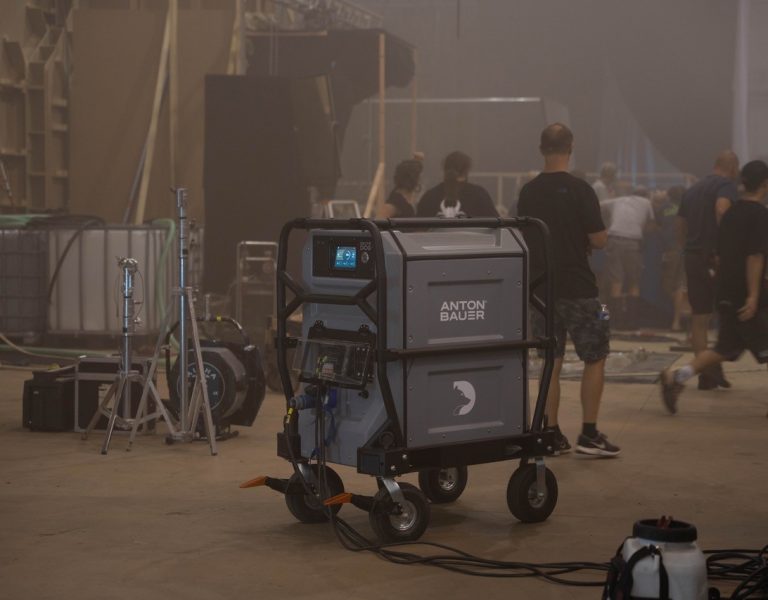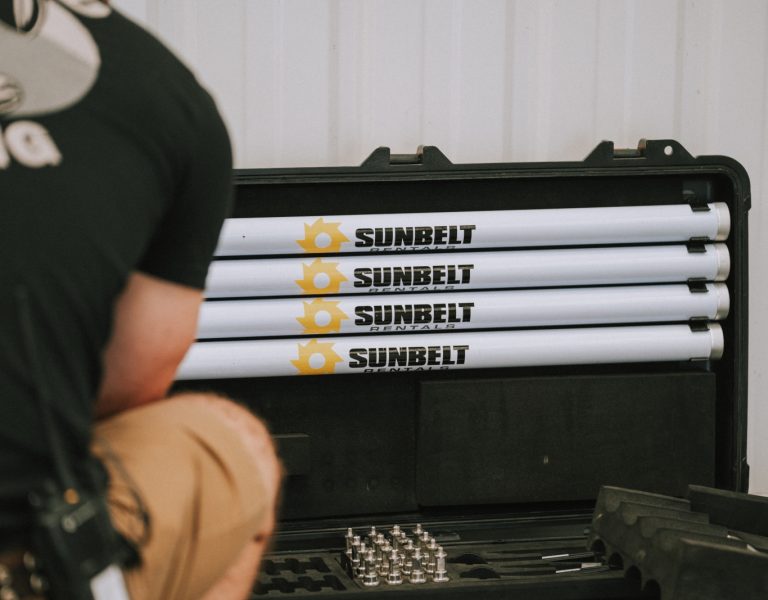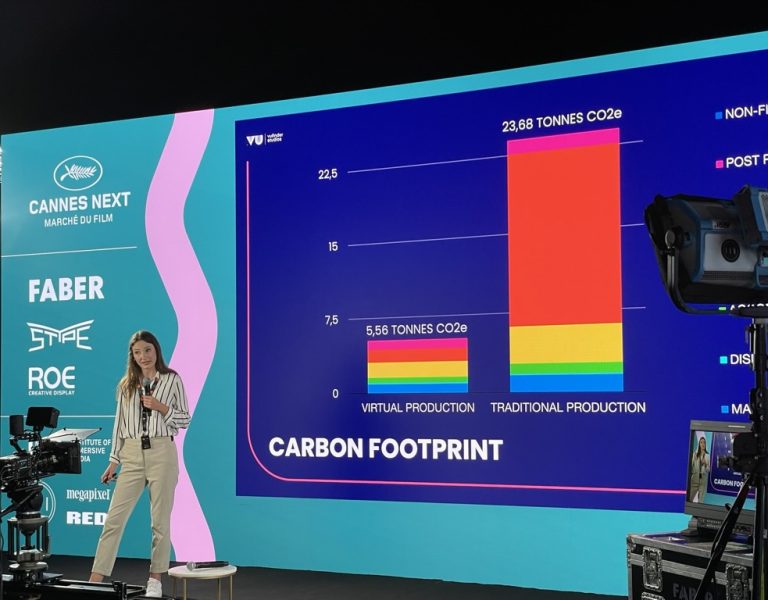INSIGHT AND INITIATIVES
What does a 19th century royal consort have to do with the climate crisis in the 21st century? April Sotomayor, head of industry sustainability at BAFTA albert, explains.
If you have ever watched a TV programme in the UK, you may have noticed a small black-and-white footprint logo in the end credits.
This shows the makers are trying to create content in a more sustainable way: reducing carbon emissions and their impact on the environment as part of the industry’s contribution to meeting net zero commitments.
But the genesis of albert began in 2010, when the BBC created a way to calculate carbon emissions for content makers. It was named after Prince Albert, along with another tool called Victoria.
Albert’s calculator was gifted by the BBC to BAFTA so that it could be used across the production industry – for filmmakers, TV content producers and games creators alike – and thus albert was born.
Today, BAFTA albert works for and on behalf of commissioners and producers, including Amazon, MGM Studios, Netflix, the BBC and ITV to drive sustainable behaviours in content creation, on and off-screen.
In practice, this means working with industry representatives to set standards and develop tools and guidance for how to operate sustainably, measure progress, and recognise innovation and success.
After all, content makers are some of the most creative people on the planet, and one of the most exciting things for me about working so closely with industry is seeing the ideas spring up, and the lateral thinking in play: whether it’s a working kitchen garden to feed those on set for returning drama Emmerdale, or public transport featuring heavily in both the on and off-screen action for indie film Scrapper.
Today, the calculator remains at the heart of the BAFTA albert toolkit, and its use is mandatory for nearly all of the major UK commissioning bodies, meaning that to date we have assessed over 18,000 hours of UK screen time, the equivalent of two calendar years of content.
As a result, the data we capture is amongst the most advanced in any industry globally for providing measurement of climate impacts within the screen industries.
Being able to measure this progress underpins every other move we make. After all, if we can’t assess whether we are reducing carbon, or protecting nature, the industry cannot know if the changes it is making are effective.
But we don’t just measure.
In the last three years alone, we have launched the Climate Content Pledge, with a commitment from all major commissioners to make more and better climate programming, setting up regular meetings between climate scientists and storytellers in film and TV.
We published a Studio Sustainability Standard, helping facilities to target and reduce their impacts, whether in the studio or on location, with nearly 30 studios now launching initiatives like installing solar panels and introducing reuse schemes to eliminate waste.
We created the Screen New Deal, a landmark series of reports and transformation planning that brought together industry, policymakers and suppliers to set out a path to a sustainable future for the film and high-end television industries. Initially trialled as a roadmap for Wales, this approach will be rolled out to the rest of the country through integration into our other streams of work.
Late last year, we published a new climate action blueprint for industry sustainability, after extensive consultation across the industry.
This ambitious strategy is our framework for the next phase of BAFTA albert’s focus: four key areas which span content creation, culture change, standards and measurement and the practicalities of sustainable production. Taskforces with industry representatives meet monthly to guide our work.
In this, we will be working very closely with our parent BAFTA to harness and deploy the knowledge it has of the film, TV and games industries to make sure that our initiatives are practical, affordable and above all, effective.









